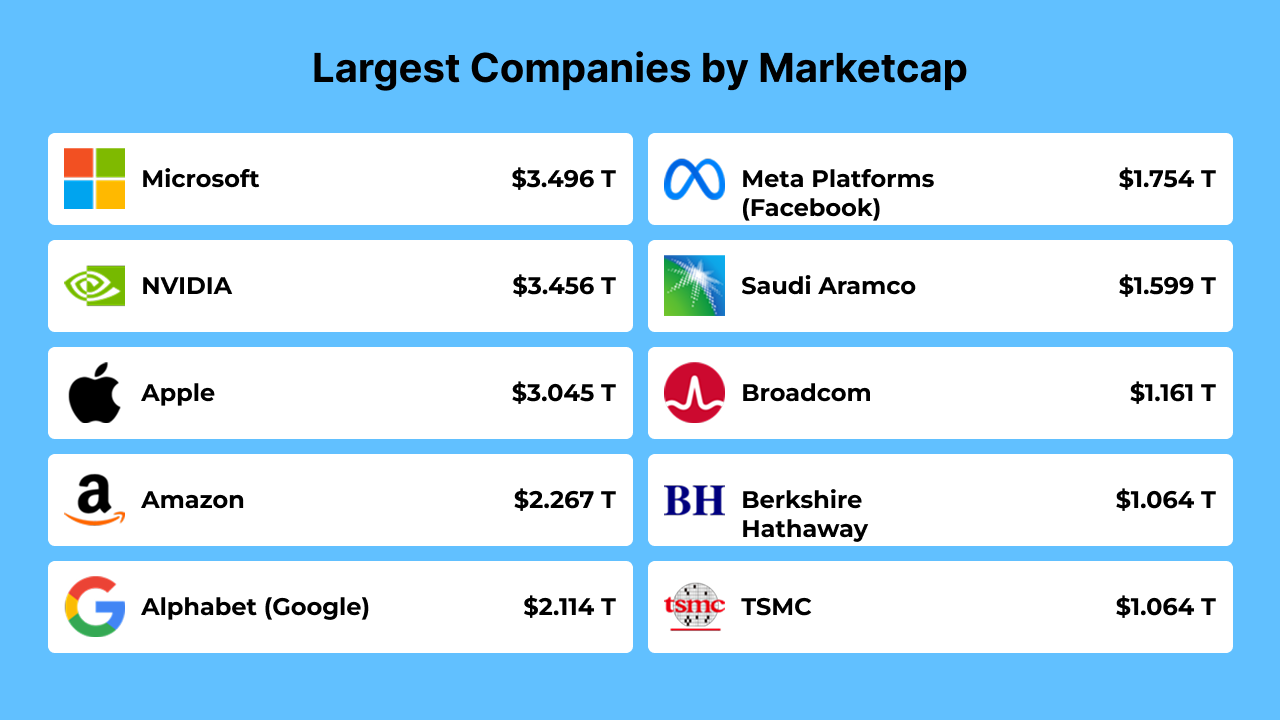In a significant advancement in medical science, Russia has announced the development of an mRNA cancer vaccine, which is set to be released for public use in early 2025 at no cost to patients. This initiative is led by the Radiology Medical Research Center of the Russian Ministry of Health, with General Director Andrey Kaprin confirming the vaccine’s availability for cancer patients free of charge. The announcement was made on December 18, 2024, and follows promising results from pre-clinical trials that indicated the vaccine effectively suppresses tumor growth and prevents metastasis.
Vaccine Details and Mechanism
The mRNA vaccine operates by instructing the body’s cells to produce specific proteins associated with cancer cells, thereby training the immune system to recognize and attack these cells. Unlike traditional vaccines that often target a single virus or pathogen, this cancer vaccine is designed to address multiple antigens found on tumor cells, making it potentially more effective for personalized treatment.
The Director of the Gamaleya National Research Center for Epidemiology and Microbiology, Alexander Gintsburg, highlighted that advancements in artificial intelligence could significantly enhance the speed of developing personalized vaccines. Current methodologies can take up to two months to create a tailored vaccine; however, with AI integration, this process could be reduced to under an hour. This involves using neural networks to perform complex computations necessary for designing customized mRNA vaccines.
Global Context
Russia’s venture into mRNA cancer vaccines is part of a broader global trend, as several companies in the United States and other countries are also working on similar technologies. Notable players include Moderna, BioNTech, and CureVac, which are advancing their own mRNA vaccine platforms aimed at treating various cancers.
As the world eagerly anticipates further developments in cancer treatment technologies, Russia’s initiative marks a potentially transformative step in oncology, promising greater accessibility to innovative therapies for patients battling cancer.






